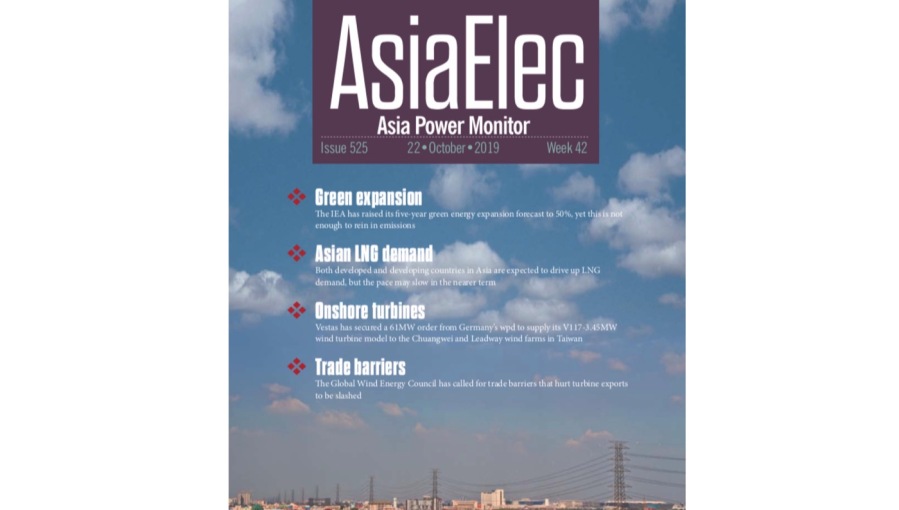AsiaElec:JERA to move into Japanese solar with 1-GW plan

Japan's biggest power generator JERA is to spend JPY160bn ($1.4bn) to develop 1 GW of solar capacity in Japan over the next five years by joining with local energy developer West Holdings Corp.
The move marks JERA's entry into a local solar power market and comes as part of its plan to expand its renewable energy capacity to 5 GW by 2025 from about 1.5 GW now to help combat climate change.
"We want to become Japan's biggest solar power operator," Satoshi Yajima, JERA's managing executive officer, told reporters.
JERA is currently the country’s largest utility, and is owned by major fossil-fuel generators TEPCO and Chubu Electric Power.
It is a major thermal power generator with 70 GW of capacity, but aims to achieve net-zero emissions by 2050.
JERA currently generates 30% of Japan’s electricity and is a major user of LNG, coal and oil as fuel, all of which is imported.
Under the business alliance, JERA will ask West Holdings to build solar power farms at about 7,000 sites, including former JERA power plant sites, and will sell the electricity to corporate customers seeking clean energy.
JERA plans to buy a minority stake in West Holdings later this year, Yajima said.
The two companies will also consider developing solar power farms outside Japan, they said.
West Holdings has developed about 65,000 solar power projects of around 2 GW in capacity in Japan and Thailand.
Fossil fuels still account for 80% of Japan’s electricity production, according to 2020 government figures. Coal and gas use recovered after the Fukushima nuclear disaster in 2011.
However, JERA is still a major fossil fuel developer, and in 2021 submitted environmental impact assessments to regulators for the construction of 1,300 MW of LNG capacity at Units 7 and 8 of the Chita thermal power plant (TPP).
The new 650-MW units will also have to meet more stringent smoke and warm wastewater rules.
On the other hand, JERA has said that it is to close the coal-fired power plants it views as inefficient by 2030 as part of wider plans to achieve net-zero emissions of carbon dioxide by 2050.
Japan aims to have 24% of its electricity deriving from renewables by 2030.



Follow us online